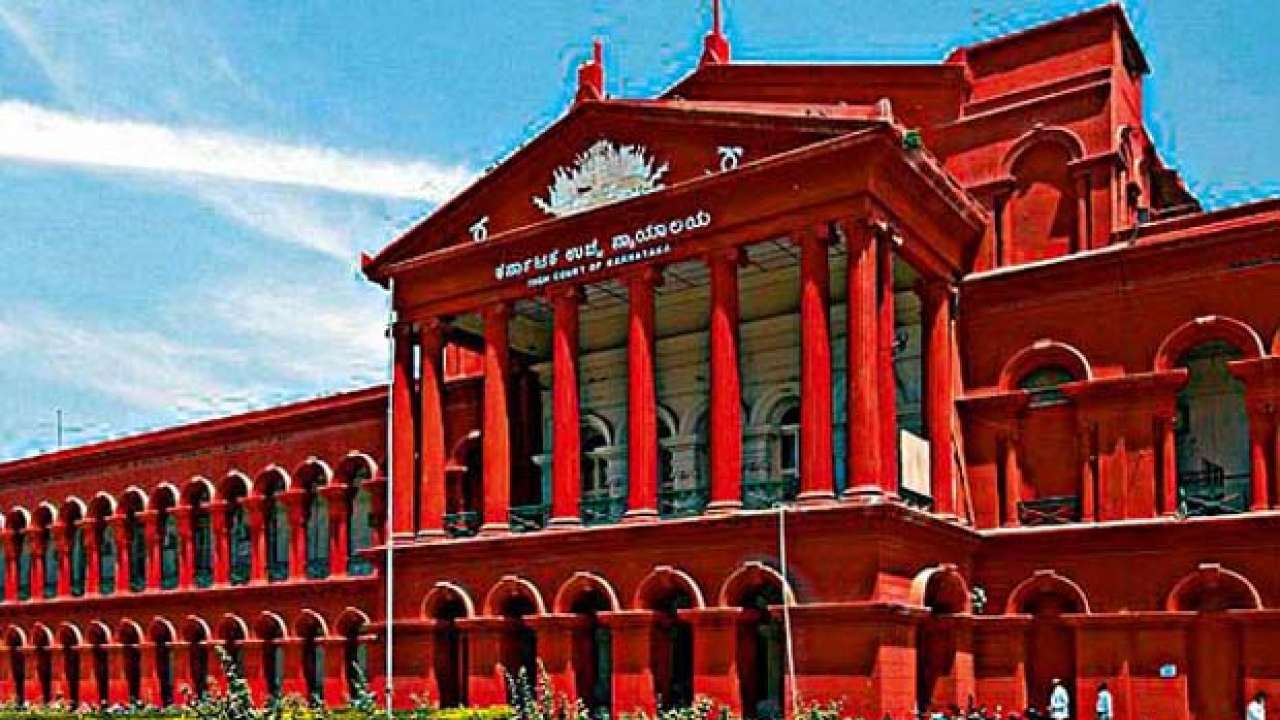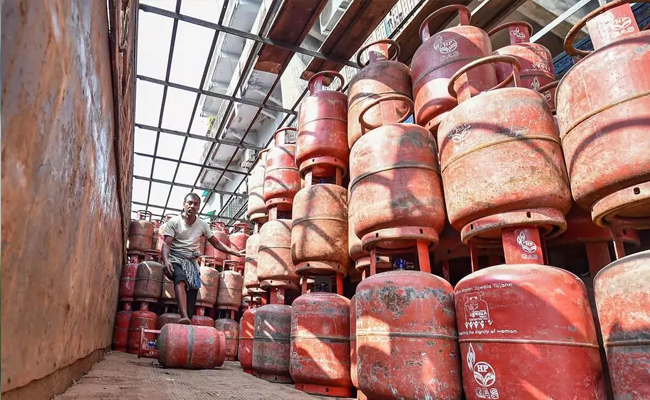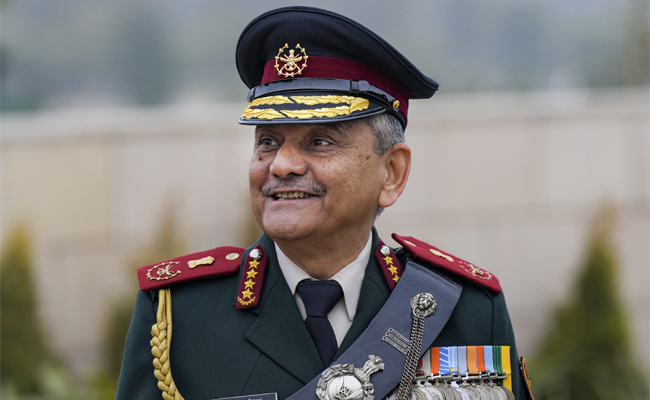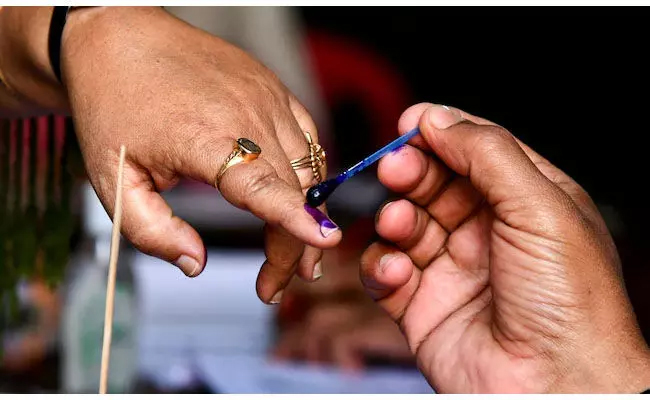Bengaluru, Dec 18: While continuing to hear the suo-moto petition on the stripping and assault case in Belagavi district, the High Court of Karnataka on Monday called for fixing collective responsibility on the society.
"It is not 'beti bachao, beti padhao'. It is 'beta padhao', to save the girl child. Unless you tell the boy child, you will not be achieving it. The girl will naturally be respectful to the other lady. It is for the boy to be told to respect and protect the lady," the HC division bench headed by Chief Justice Prasanna B Varale said.
The HC on December 12 took suo motu cognisance of news reports of the incident of 42-year-old woman in Hukkeri Taluk allegedly tied to an electric pole, stripped and assaulted after her son eloped with a girl from the same village and ST community.
The HC in its hearing called for the need for fixing collective responsibility in such cases.
"Some collective responsibility measures have to be taken, which Lord William Bentinck took in history. It is not the action of offenders, but the inaction of those standing at the spot that is more dangerous. These people standing mute spectators will make the assailant a hero," the HC said.
ALSO READ: Karnataka HC restricts visitors to Belagavi assault victim
The HC orally observed that Lord William Bentinck imposed collective fines on villages that harbored criminals.
The HC noted that only one person in the village came to the rescue of the woman.
The village has a population of 8,000 and during the incident there were "around 50 to 60 in addition to 13 assailants. And to the misfortune of the victim, only one person namely Mr Jehangir showed the courage to assist the victim and made an attempt to save the victim from assailants. In that process, he was subjected to physical assault. In this situation, out of 50 to 60 people only one person could gather the courage and rush to the rescue of the victim whereas others were just mute or silent spectators of the incident," the HC noted.
Referring to a book on the Roman Empire, the HC said, "'Rise and Fall of the Roman Empire', read it. Unless you build a good society you cannot build a nation. Unless we instill these values in the next generation nothing will happen. There will be other judges and advocates and other spectators but things will go on," the HC said.
During the arguments, the HC asked why the villagers remained mute spectators and whether they were "afraid of the police?"
The HC said that it may be because the police did not treat witnesses properly. "Sometimes witnesses are picked up and not treated friendly. It makes them apprehensive. Police stations, subject to exceptions, don't differentiate between witness and accused," the HC said.
Suggesting new laws for collective responsibility, the HC said, "So many bystanders. But nobody did anything. It is collective cowardice. That is to be addressed. Police are not of British Raj. Something needs to be done. Some factors should be collected and provided to the Law Commission and they may come out with the law. This is how law marches. The law should have pace with people's lives. How will you ensure that such incidents are not repeated? This also needs to be addressed."
In its order on Monday, the HC noted that the District Legal Services Authority (DLSA) had awarded an interim compensation of Rs.50,000 for the rehabilitation of the victim of which 50 per cent was allowed to be withdrawn and another 50 per cent kept in fixed deposit.
After consulting with the medical officer, the HC noted that the women needed treatment for six to eight months and modified the DLSA order and ordered the release of the entire compensation amount unconditionally. The HC also noted that Rs.5 lakh has been deposited in the woman's account by the Chief Minister relief fund and the Karnataka Maharshi Valmiki Schedule Tribes Development Corporation had allotted 2 acres 3 guntas (40 guntas are one acre) of land to the victim at Chulki village, Belagavi.
"We appreciate these steps taken by the State of Karnataka as a solace to the victim," the HC said.
The HC also recorded that the Police Inspector Vijay Kumar Sinnur was suspended for lapses.
Noting that the investigation has been handed over to the CID, the HC said, "We have observed that the state government has handed over the investigation to CID. We are of the opinion that it will be necessary to give time to carry out further investigation."
Recording that all except two offenders were arrested, the HC listed the matter for next hearing in the third week of January when the authorities were directed to file a further status report.
Let the Truth be known. If you read VB and like VB, please be a VB Supporter and Help us deliver the Truth to one and all.
Thane (PTI): Authorities have seized illegally stored 1,839 gas cylinders and seven vehicles worth over Rs 67 lakh in the Dombivli MIDC area of Thane district, officials said on Saturday.
A special vigilance team of the Mumbai Rationing Department detected an illegal storage of domestic and commercial LPG cylinders in Phase-2 of Dombivli (East).
Cylinders belonging to multiple gas agencies were found stockpiled in closed vehicles, unauthorised warehouses, and open sheds without mandatory permissions from the Explosives Department, Fire Department, or oil companies, according to an official release.





